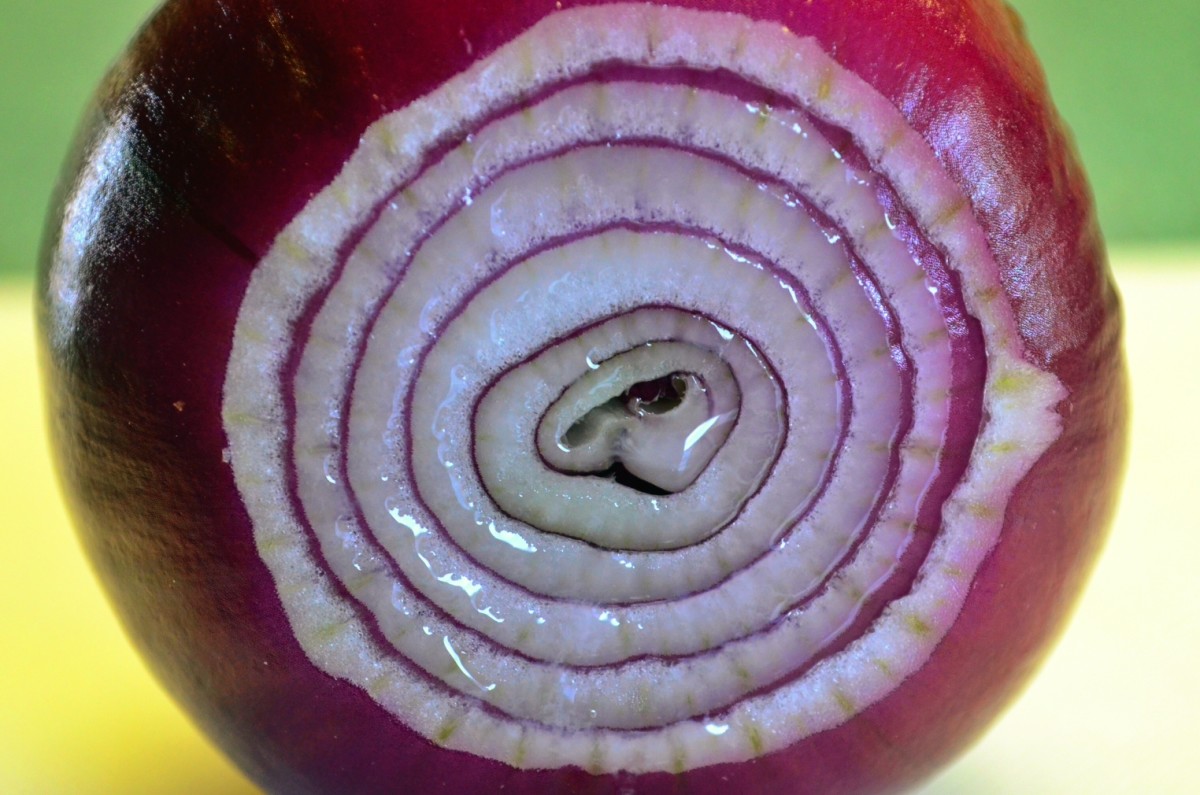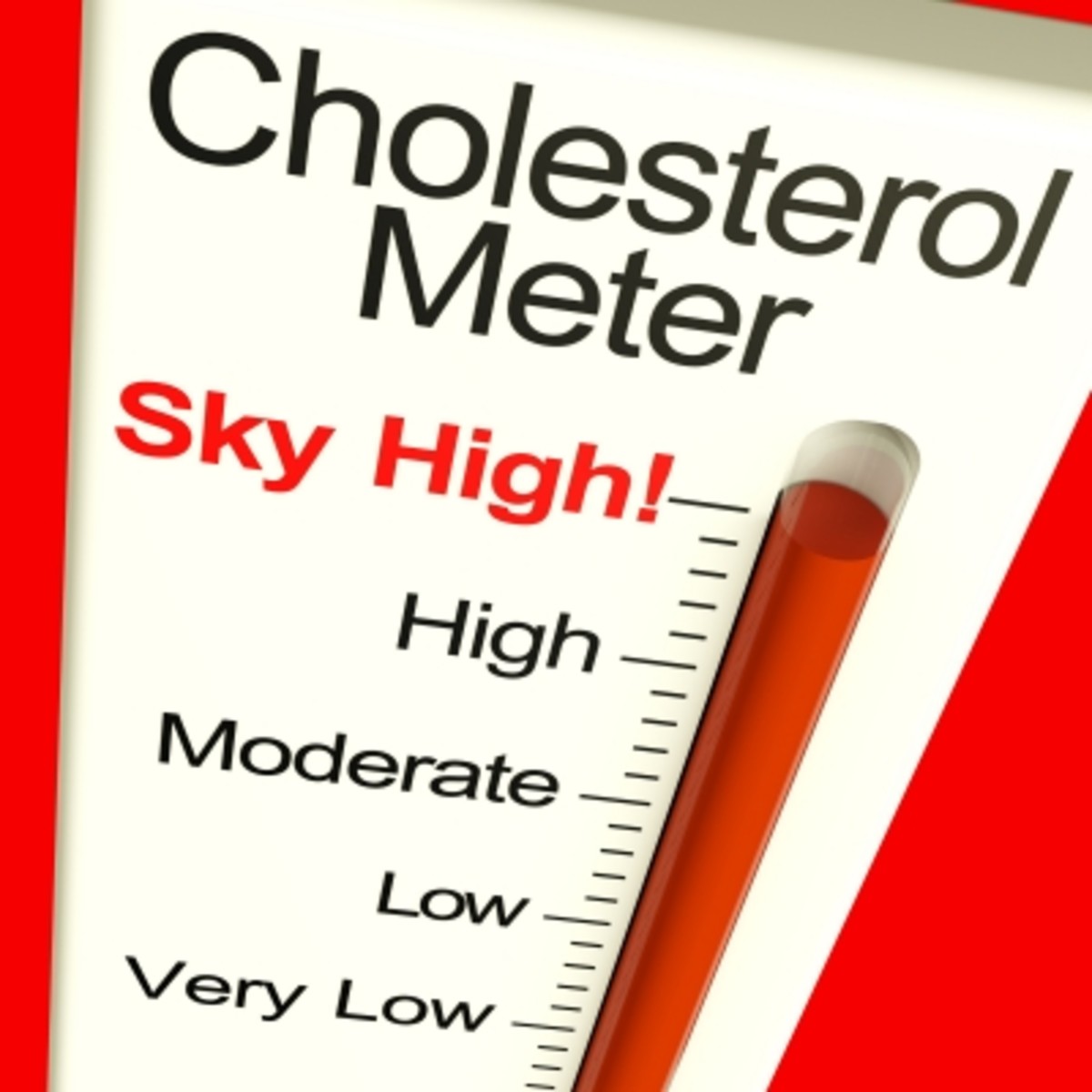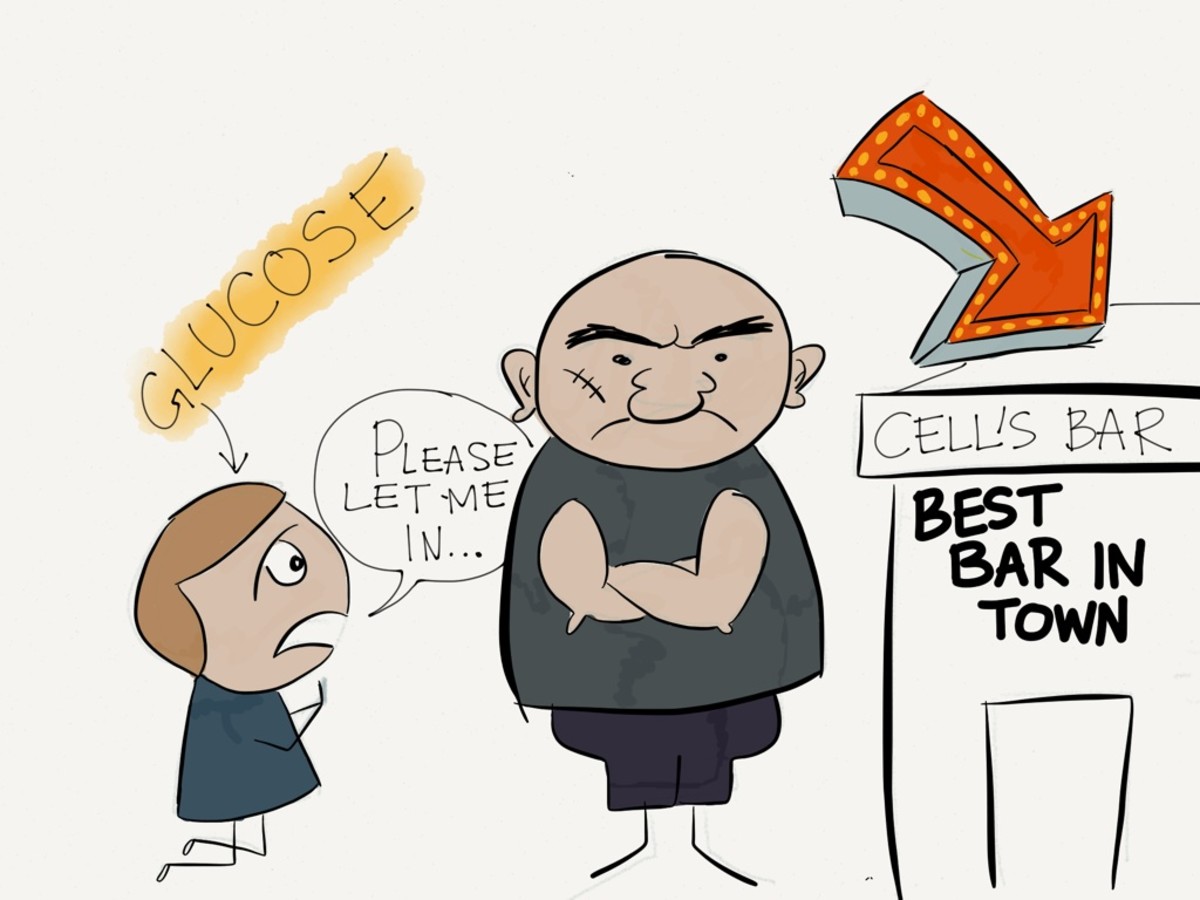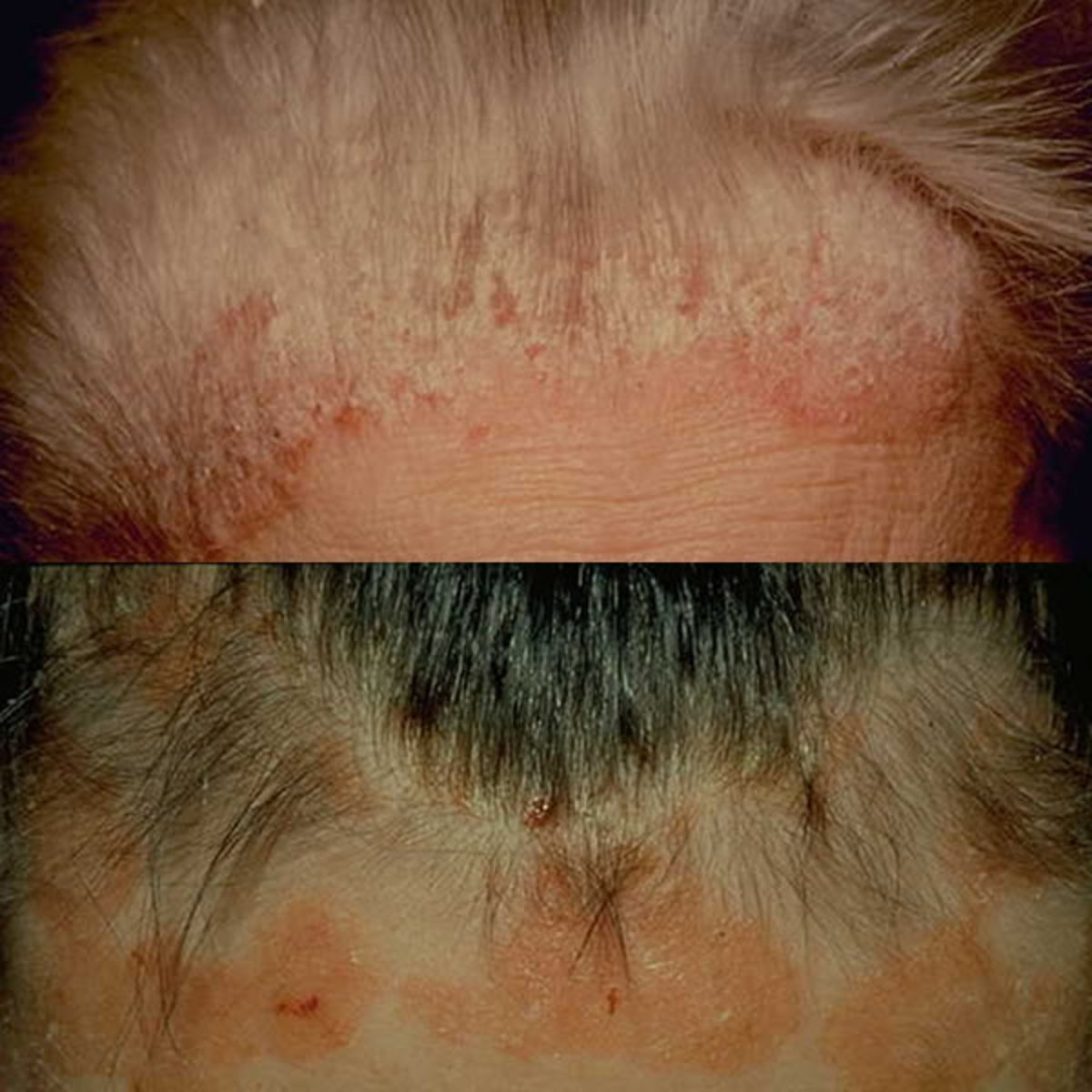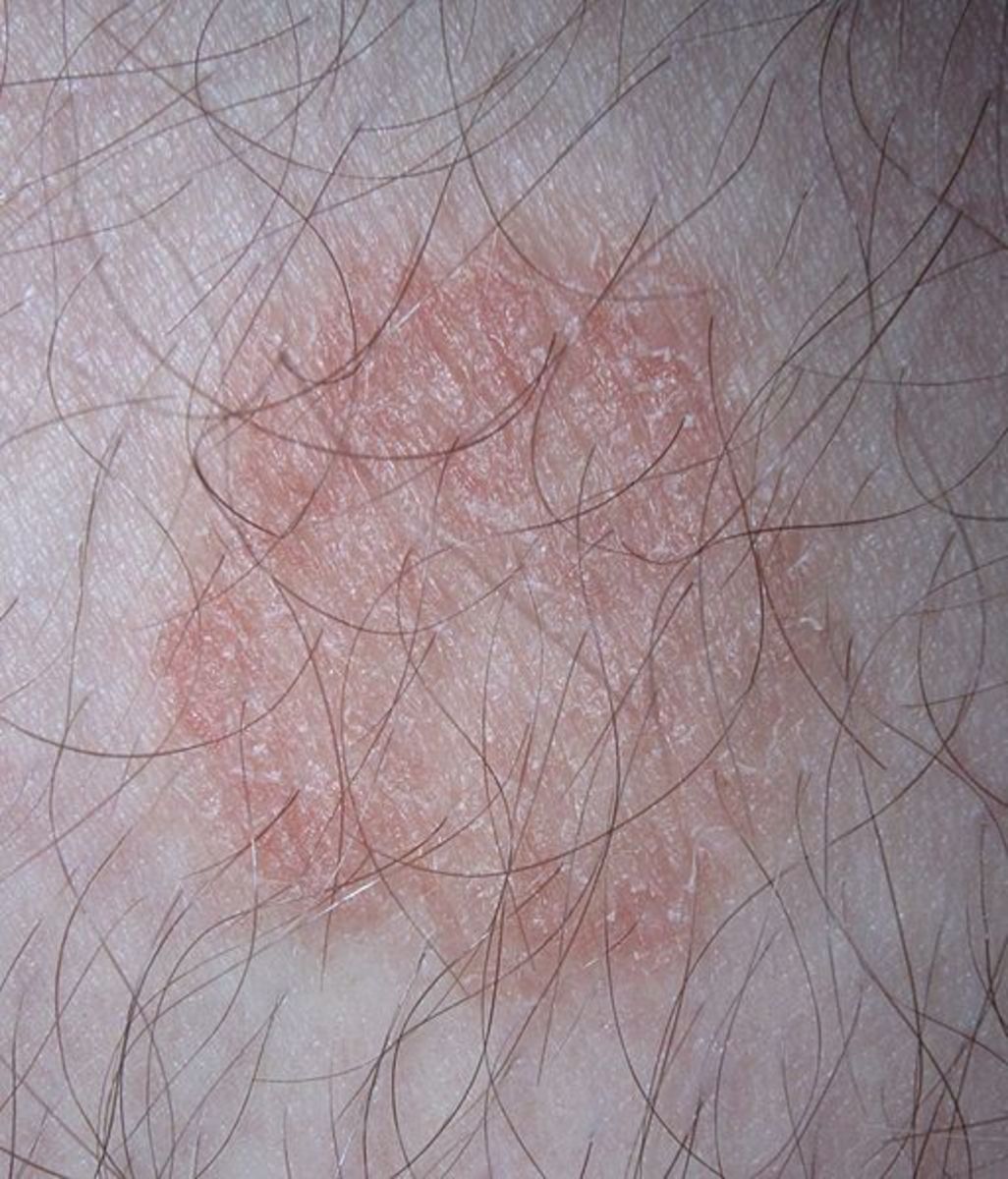How to Reduce Cholesterol Naturally
What is cholesterol?
Cholesterol occurs naturally in the body. It is produced by the liver and it is essential for various body functions. Cholesterol is an integral part of the cell membrane, which surrounds the cell. Cholesterol and its derivatives aid in digestion, production of various hormones in the body, are needed for membrane integrity and provide immunity from certain diseases. The food we eat also contains certain amounts of cholesterol. Cholesterol needs proteins to transport it through the body, and when they combine together, they are called lipoproteins. It is a myth that cholesterol is bad. The pharmaceutical industry stands to benefit greatly from such poorly informed opinions. They make billions of dollars on cholesterol lowering drugs or statins each year. There are many ways to reduce cholesterol naturally.
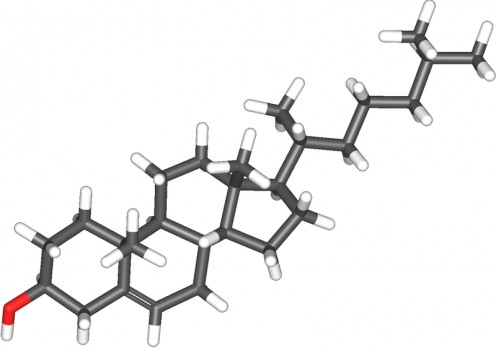
Lower cholesterol naturally
Fats are essential for the body and it would be inadvisable to stop the intake of fats. There are various foods that could give us the kind of cholesterol that we need, the good cholesterol. It is best to reduce the low density lipoproteins and increase the consumption of High density lipoproteins. If there is more than the required amount of cholesterol in your body, it circulates in your blood. Eventually, it enters your blood vessels and start to build up on the walls. This is what is known as plaque. This plaque reduces the diameter of blood vessels and is a major predisposing factor to coronary artery diseases.
High density lipoproteins help prevent plaques in arteries. HDL cholesterol helps to transport the cholesterol found in the arteries to the liver to be broken down. Increasing the intake of HDL cholesterol reduces the risk of heart disease.
How to Lower Cholesterol Naturally
To reduce cholesterol naturally, a two pronged plan of action is needed - regular exercise and a healthy diet. A sedentary lifestyle only causes more fat to be accumulated in your system, so it is essential to ensure that you lead an active life.
Research shows that certain foods are as effective as statins (cholesterol lowering pills) in lowering blood cholesterol levels. Raw vegetables and fruits are high in fiber and acts as brushes to clean up the intestines and reduce the cholesterol levels.
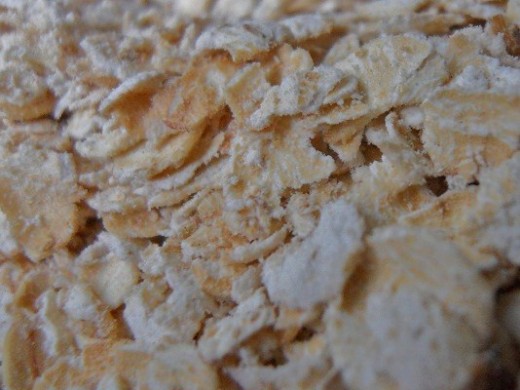
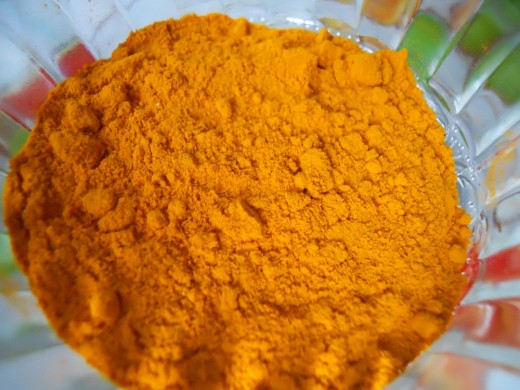
Foods that help lower cholesterol
Oats has been recognised as a heart protective food by the FDA,which has allowed it to be labelled as such. Oatmeal and oat bran are excellent sources of fiber. They contain both soluble and insoluble fibers. The soluble fiber acts as a gel and traps the cholesterol-saturated bile acids, thus reducing the absorption of cholesterol in the body and forcing more cholesterol to be used for the synthesis of bile acids.
Turmeric root belongs to the ginger family. Turmeric powder (ground) is an essential part of the every Indian cuisine. It is an equally important ingredient in Asian cooking. Turmeric prevents the oxidation of LDL cholesterol and reduces the cholesterol and triglyceride levels. Studies have shown these results consistently, but there are not enough studies to prove it benefits conclusively.
Spinach has many phyto-nutrients in it. This green vegetable is high in soluble fiber and consequently acts as a sponge to absorb cholesterol. The magnesium present in spinach helps reduce blood pressure and therefore it is a great heart protection food.
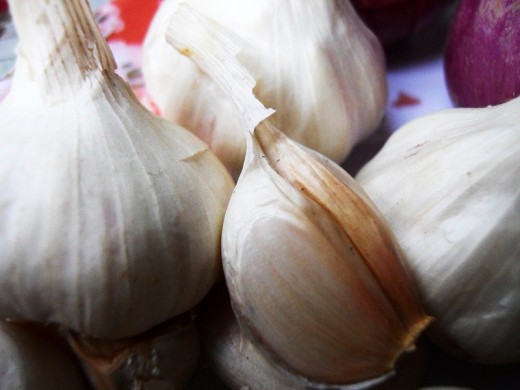
Foods to Reduce Cholesterol
Garlic: The ability of garlic to reduce cholesterol is well known. Onions too have similar properties. Studies have shown that garlic helps in reducing the accumulation of plaque on the vascular walls. Garlic has also been known as a great blood thinner apart from its anti-viral, anti-inflammatory and anti-bacterial properties. The zero fat content in onions and garlic is another reason why they need to be included in your diet regularly.
Cinnamon, this great smelling, warmth producing spice is awesome in food, but is also good for your body, A study conducted in 2003 showed that half a teaspoon of cinnamon in your food everyday could reduce your total cholesterol by 12- 26%. While the LDL cholesterol was considerably reduced, the study showed that the HDL cholesterol was unaffected. It has been proven that cinnamon is effective in reducing blood sugar levels. Cinnamon also inhibits the release of an inflammatory fatty acid called arachidonic acid from platelet membranes. This makes cinnamon an effective anti-inflammatory. Cinnamon with apples could be an effective combination to reduce cholesterol. The pectin in the apples mops up the cholesterol from the intestines before it get absorbed in the blood stream.
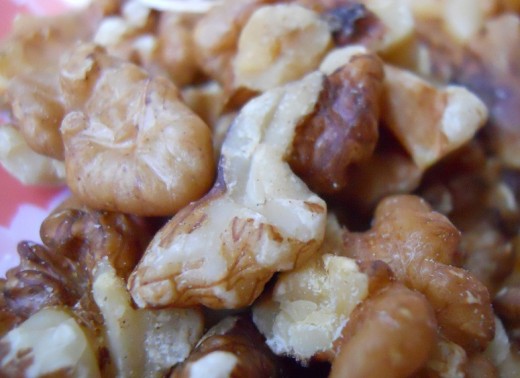
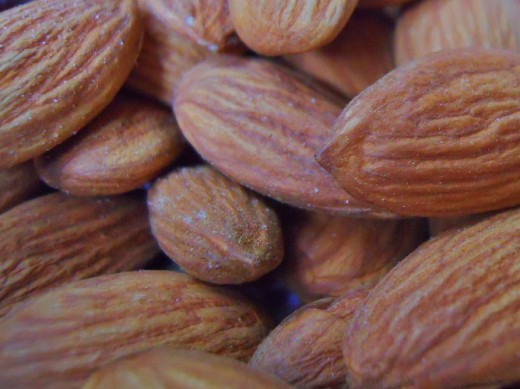
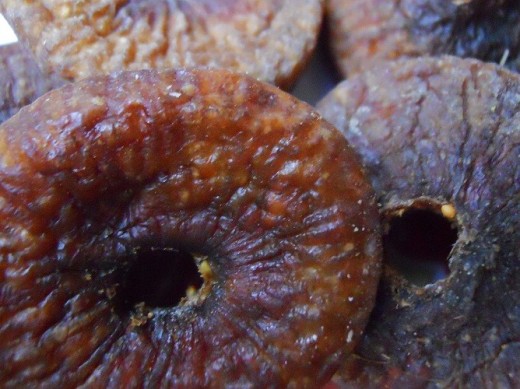
Whole grains, legumes and beans are excellent sources of fiber and thereby help reduce cholesterol levels in the blood. Whole grains, particularly the bran, germ, and endosperm, contain fiber, B complex vitamins, minerals, some protein and many phytonutrients. Studies have shown that people who consumed six or more servings of whole grain a week had reduced buildup of plaque in their arteries than others who ate less.
Fish such as salmon, mackerel, sardines, tuna, trout etc., are excellent sources of omega 3 fatty acids. They help reduce the triglyceride levels in your blood. Omega 3 fatty acids are said to slow the buildup of plaque , they are also anti inflammatory in nature. One important point to remember is how you cook your fish. Baking, grilling, broiling or steaming are the best ways to cook your fish. Fish fried in oil loses most of its goodness.
Almonds and walnuts and other nuts like hazelnuts,pine nuts, pecans, peanuts, pistachio etc., are rich in polyunsaturated fatty acids or HDL fats, which keep blood vessels healthy. A study suggests that they may actually help in reducing metabolic disorders too. These nuts should be eaten unsalted and not coated with sugar. Excessive consumption of nuts is also not advised as they are high in fats. They should be used to replace cheese or meat.
Green tea. Studies shows that the polyphenols in green tea may block cholesterol from being absorbed in the intestine. It has also been found to raise HDL cholesterol and reduce LDL cholesterol in both animals and people.
Psyllium husk which is mostly fiber, has a high beta-sitosterol (a plant sterol) content and is considered as a heart-protective food. Studies have shown that adding 12 g of psyllium to your diet, LDL cholesterol is reduced by 12-25%.
Fruits and vegetables of all kinds, especially prunes, figs, avocados, nuts, etc. contain phytosterols which have cholesterol lowering properties.
Another change that you could make is to switch to oils like extra virgin olive oil, rice bran oil, safflower oil, soybean oil, sunflower oil, corn and canola oil which are more healthy and help reduce LDL cholesterol.
A word of caution. None of these foods by themselves can be used as treatment for lowering cholesterol. A diet that has many of these foods with a good exercise routine may be necessary to help reduce your blood cholesterol levels. It is advisable to quit smoking to help your condition further. A change in lifestyle, along with regular monitoring by a physician is advisable, if you have very high levels of cholesterol.


